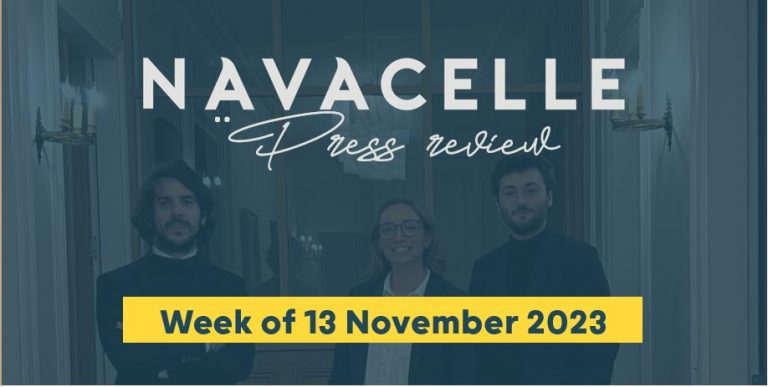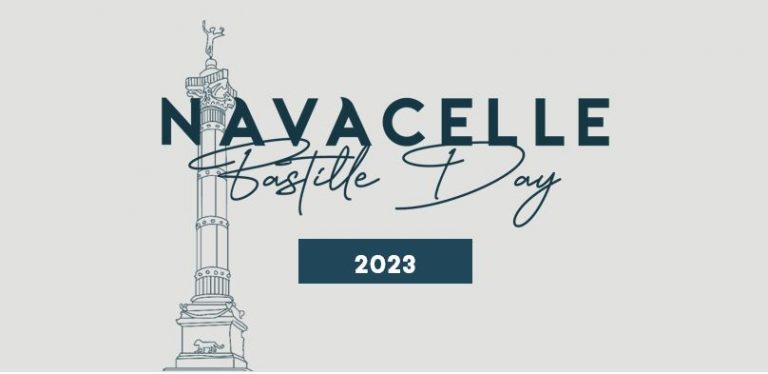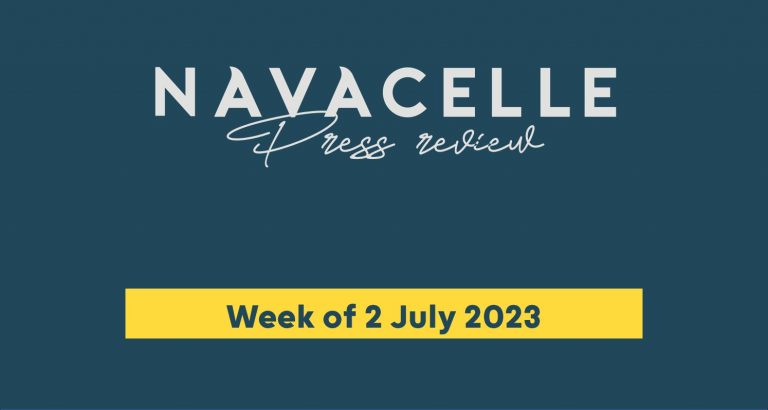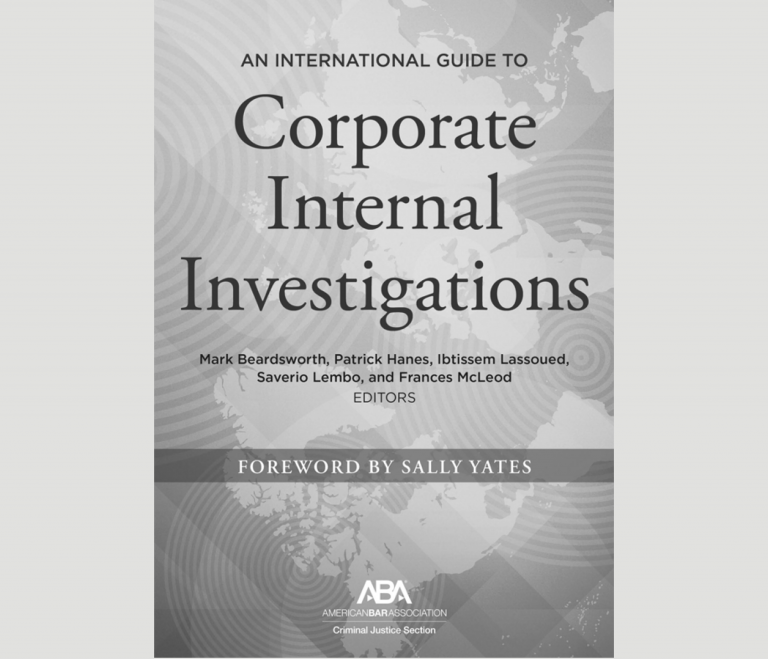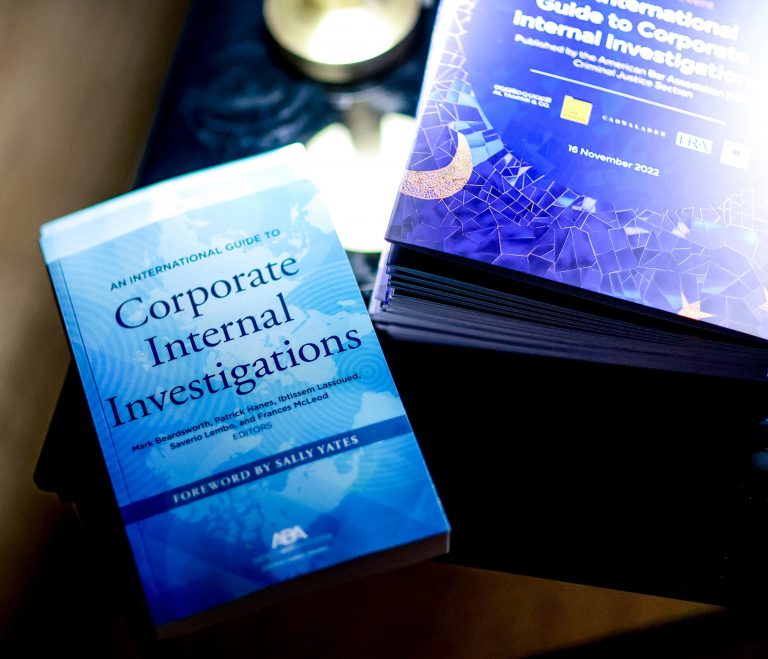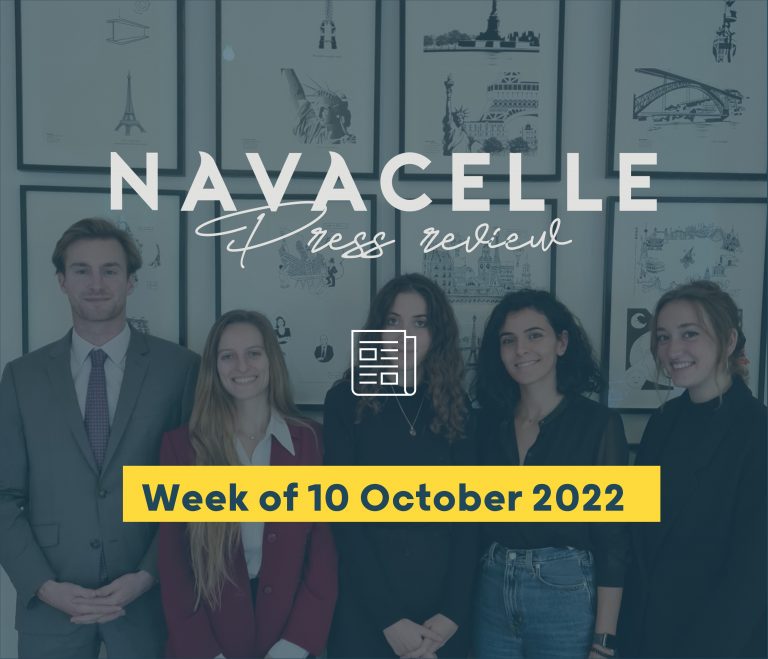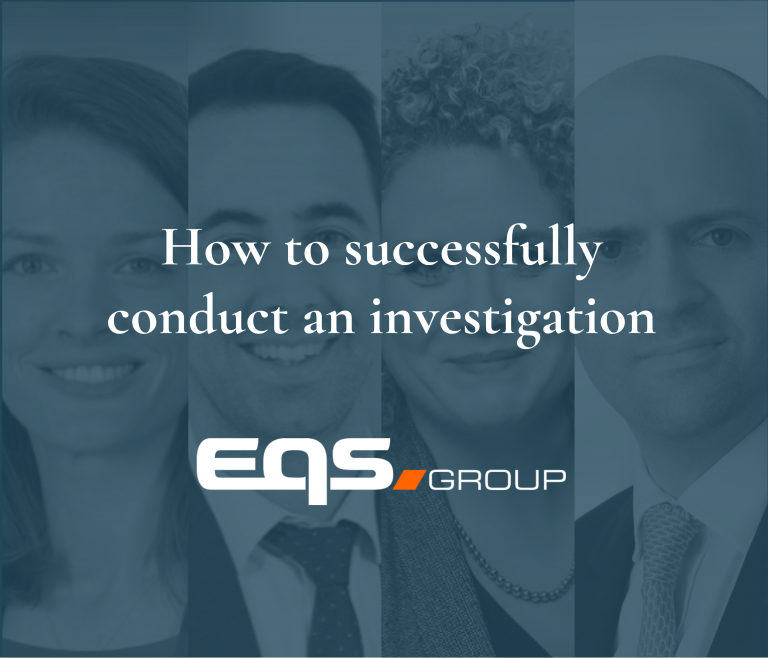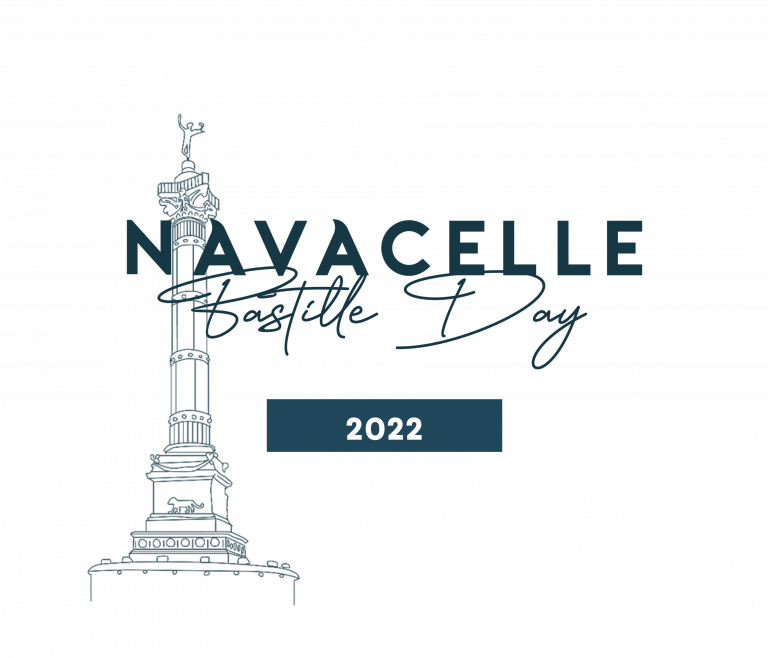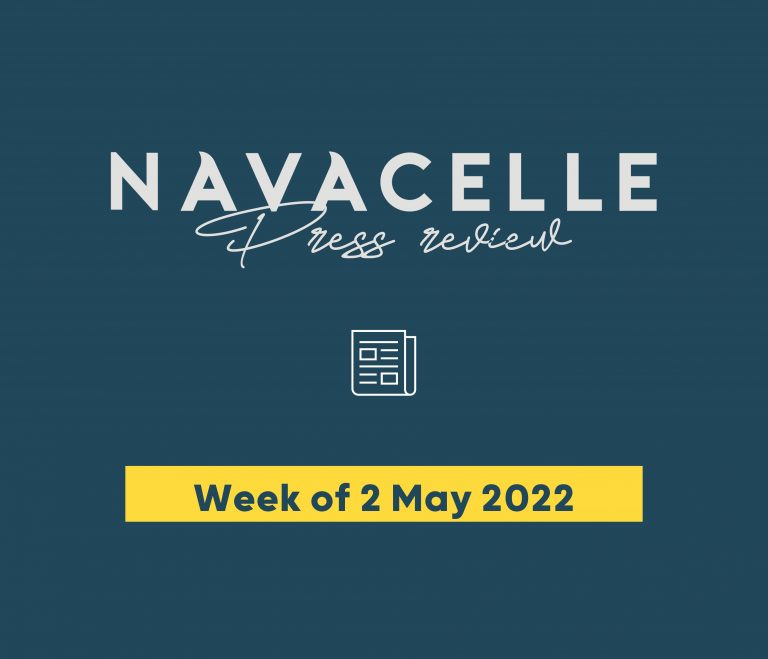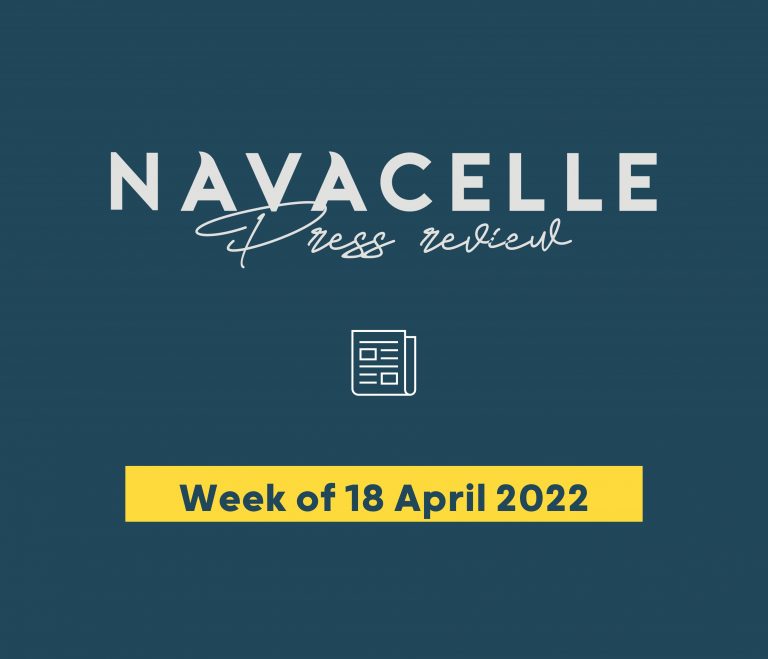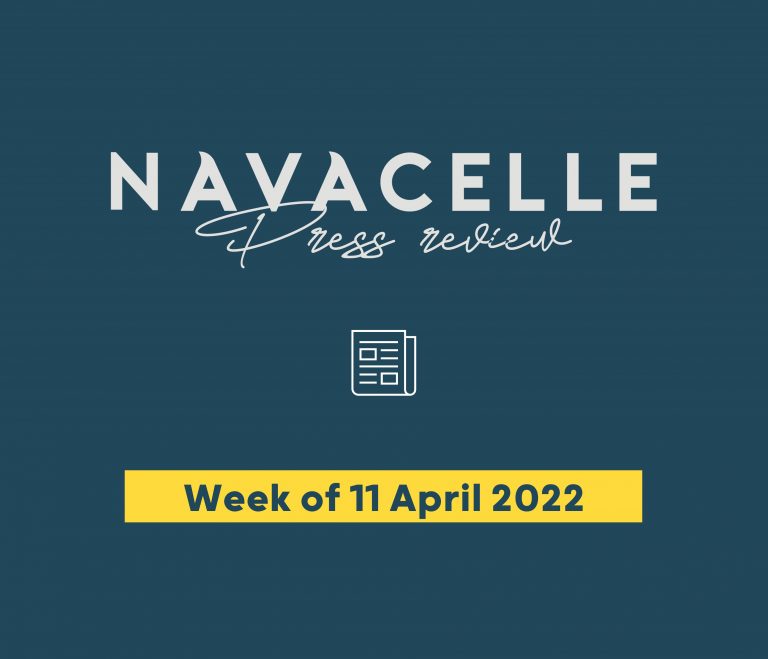On 16 January 2023, the French National Financial Prosecutor (“PNF”) provided further details in its new guidelines on the implementation and conduct of the judicial public interest agreement (“CJIP”). These clarifications are intended to provide greater visibility, legal certainty, predictability, and transparency for legal entities wishing to enter CJIP negotiations. Based on the experience acquired by the PNF, these new guidelines should allow legal entities and their counsel to better understand the balance of the negotiations in which they are involved[1].
The guidelines specify the conditions for access to the CJIP mechanism and strengthen them by requiring legal entities to cooperate in good faith (I). In this respect, the PNF intends to consider several factors, such as spontaneous disclosure of the facts, unequivocal acknowledgement of the facts, active participation by the legal entity in uncovering the truth, and implementation of a compliance program.
The guidelines also highlight the issue of the confidential nature of the exchanges between legal entities and prosecution authorities (II). The PNF intends to distinguish the negotiation period initiated by the formal proposal of a CJIP from the investigation period of informal talks, creating an uncertain sequencing for legal entities in terms of confidentiality of exchanges.
Finally, the new guidelines provide a little more transparency as to how the public interest fine is calculated (III).
I. The conditions under which legal entities may access the judicial public interest agreement mechanism are specified, in particular regarding the essential requirement of cooperation in good faith
The French criminal procedure code provides that it is up to the public prosecutor to propose to the legal entity the conclusion of a CJIP[2]. Thus codified, French law intends to give the initiative to the public prosecutor. However, in 2019, when the joint guidelines for the implementation of the CJIP were published by the Financial Public Prosecutor (“PRF”) and the French Anti-Corruption Agency (“AFA”), the authorities already allowed the legal entity or its counsel to inform the PNF of its wish to benefit from this transactional mechanism[3]. The new guidelines provide some clarifications in this respect. Although the PNF had already been willing to conduct informal talks since 2019, the new guidelines exclude this possibility in cases of serious bodily harm[4].
There are also other limits. The legal person must cooperate in good faith to benefit from the CJIP mechanism[5].
In this respect, the PNF gives some examples of good faith, such as the spontaneous disclosure of facts to the public prosecutor’s office by the legal entity when this occurs within a reasonable period of time, especially when the facts were not yet known to the public prosecutor’s office[6]. The PNF assesses it in the light of the time elapsed between the legal entity’s knowledge of the facts and its disclosure to the public prosecutor’s office[7].
The PNF also considers that an unequivocal acknowledgement of the facts by the legal entity is also an indication of cooperation. In this respect, it points out that a systematic denial of the facts demonstrates a lack of cooperation with the CJIP and is therefore likely to prevent the PNF from using this mechanism[8].
Legal persons are therefore expected to take an active part, or to be willing to take an active part, in uncovering the truth by means of an internal investigation into the facts, the persons involved and, where appropriate, the deficiencies in the compliance system which facilitated their occurrence[9]. The conduct of an investigation and its reporting within a timeframe compatible with the requirements of the judicial investigation is, for the authorities, considered to be an indication of a willingness to cooperate. Legal entities must ensure that all internal investigations (and reports of interviews of persons implicated in the facts, together with all the documents on which they are based) carried out in the course of legal proceedings are properly brought to the attention of the public prosecutor’s office in order to ensure that there is no interference with the legal investigation[10].
The quality of the preservation of evidence is another indication of good faith[11].
Other indicators are also taken into account in order to demonstrate the good faith of legal persons, such as the spontaneous implementation of a compliance programme concerning legal persons outside the scope the Law of 9 December 2016’s article 17 (“Sapin II Law”), the rapid adoption of corrective measures designed to strengthen the quality and effectiveness of the compliance programme, the adaptation of the legal person’s strategy to the risks identified, any changes to its management team or even the prior compensation of victims[12].
In addition to this condition of cooperation in good faith, the new guidelines specify that the failure to implement a compliance programme and the absence of corrective measures following observed breaches, regarding legal persons falling within the scope of the Sapin II Act, may be assessed as a situation hindering the initiation of a CJIP[13]. Legal entities subject to the Sapin II Law are therefore strongly advised to strengthen their compliance programme and implement any necessary corrective measures.
The 2019 guidelines stated that previous sanctions for offences that could be described as breaches of probity with regard to a legal entity or even one of its directors could constitute an obstacle to the implementation of a CJIP. The same was true when the legal entity had already benefited from a CJIP, or a settlement agreement concluded with a foreign authority for breach of probity[14]. It should be noted that this limitation of the CJIP mechanism was not included in the new 2023 guidelines.
As for CJIPs proposed for tax fraud, the new guidelines specify that it is necessary for the legal entity to have remediated its situation with the tax authorities (i.e., recovery of duties evaded, late interest and penalties imposed by the tax authorities) before any negotiations with the PNF[15].
II. Confidentiality of exchanges with legal entities is clarified
The new guidelines provide an opportunity for the PNF to clarify the rules governing the confidentiality of documents and information transmitted by legal entities, as well as their enforceability and their use by the authorities.
First, the PNF formalizes the informal talks phase, which allows the legal entity to have prior discussions with the PNF for the purpose of considering the use of a CJIP. It specifies that no written document is required and that these discussions are confidential as they are covered by the foi du palais (“faith of the court”)[16].
The PNF then reaffirms the legal confidentiality rule for the negotiation period set out in Article 41-1-2 of the criminal procedure code. Under this provision, if the president of the court refuses to validate the CJIP or if the legal entity withdraws from the agreement, the public prosecutor may not disclose to the investigating or trial jurisdiction any statements made or documents handed over by the legal entity[17] during the negotiations. Thus, all documents submitted during the negotiation phase (e-mails, accounting documents, extracts of digital data, presentations, and lawyers’ notes, etc.) are not included in the proceedings, unless the legal entity agrees[18].
However, according to the authorities, a distinction should be made with regard to the investigation period. As reiterated by the PNF in the first guidelines of 2019, exchanges that took place during the investigation phase, and which therefore necessarily preceded the formalization of a CJIP proposal, are not confidential[19]. In practice, this sequencing is more uncertain for legal entities in that a CJIP proposal may be formalized at a late stage in the proceedings, while embryonic negotiations may already have taken place during informal talks with the public prosecutor[20]. Consequently, legal entities should bear in mind that if negotiations prior to the CJIP’s formal proposal (these negotiations taking necessarily place during the investigation phase) fail, all documents and information disclosed during this phase will not be confidential and may be used against them[21].
In this respect, the new guidelines have enshrined the sequencing of this legal confidentiality rule by clearly stating that it does not apply to documents submitted to the procedure with the consent of the legal person during the negotiations prior to the formal CJIP proposal (i.e., in other words, all documents submitted during the investigation phase). It should also be noted that this legal confidentiality rule does not affect the possibility for the public prosecutor’s office to use documents and information obtained through judicial investigation acts[22]. In practice, it will therefore be essential, as specified in the guidelines, for legal entities to be able to quickly reach agreement with the public prosecutor’s office on a date from which the CJIP proposal will be formalized[23]. In addition, it will be essential to check precisely with the PNF the confidentiality and enforceability rules that will be applied prior to each transmission of documents and information to the authorities[24].
III. The methods for calculating the public interest fine and the aggravating or reducing factors are more transparent
The new guidelines provide a little more transparency on how the public interest fine is calculated.
Firstly, the PNF clarified its interpretation on the calculation of the maximum fine applicable in the context of a CJIP for a group of companies. In this case, the criminal procedure code provides that the amount of the fine may not exceed 30% of the average turnover calculated based on the last three known annual turnover figures at the time the infringements were detected[25]. In this respect, the PNF indicates that if the accounts of legal entities are consolidated, the turnover considered will be the one reported in the consolidated accounts of the group to which they belong[26]. According to Jean-François Bohnert, who was appointed head of the PNF, this reference to the consolidated perimeter prevents groups from concentrating criminal liability on one of their subsidiaries whose revenues are too low[27]. This position increases the penalties for legal entities.
The modalities for setting the public interest fine have also been reviewed and clarified. There are still two aspects: the first, known as restitutive, is equal to the amount of the benefits derived from the infringements observed, and the second, known as afflictive or punitive, is calculated on the basis of the amount of the benefits derived from the infringements observed, to which increasing and decreasing factors are applied[28].
As for the restitutive dimension of the fine, the PNF gives numerous indications as to the advantages deriving from the breaches considered by the public prosecutor’s office when conducting this assessment. Some of the benefits listed by the public prosecutor appear to be more repressive, while leaving many grey areas to the detriment of legal entities. This is the case for direct and indirect benefits linked to expected future profits, the benefit derived from a criminal attempt including the chance of reaching the expected outcome by the attempt, or indirect benefits including other benefits potentially obtained such as gains in market share, know-how or visibility, even if they are not recorded in the legal entity’s financial statements, or the cash flow benefit associated with the cash flows obtained from the breaches[29]. In addition, the PNF specifies that if the legal entity does not provide supporting information for this assessment, or if this information is incomplete or insufficiently reliable, the public prosecutor may rely on the data at its disposal[30].
As for the afflictive dimension of the fine, the PNF indicates that the seriousness of the breaches observed, and the quality of the accused legal entity cooperation are assessed according to a set of criteria likely to increase or decrease the amount of the fine[31]. The PNF also clarifies the 2019 guidelines by structuring the various increasing and decreasing factors used in percentage terms.
Furthermore, although a reduction of the fine in the event of financial difficulties may exceptionally be granted[32], the PNF reserves the right, in the event of a significant difference between the evaluation of the benefits derived from the breaches at the date of the CJIP and their forecast evaluation at the date of the breaches, to calculate the afflictive dimension of the fine on the basis of their forecast evaluation[33]. The PNF also allows for the possibility of increasing the amount of the fine in the event of the systemic nature of the acts being prosecuted, and even exceeding the 50% threshold for repeated acts.[34]. In this respect, the guidelines specify that this increase would necessarily be greater than the reducing factors resulting from the cooperation of the legal entity[35].
Finally, in addition to the payment of a public interest fine, the new guidelines have reaffirmed the already well-known principle of unilateral commitments by legal entities[36]. This tool, which is not prescribed by law, is in no way restricted by the PNF, and could lead to its application being extended to many areas.
